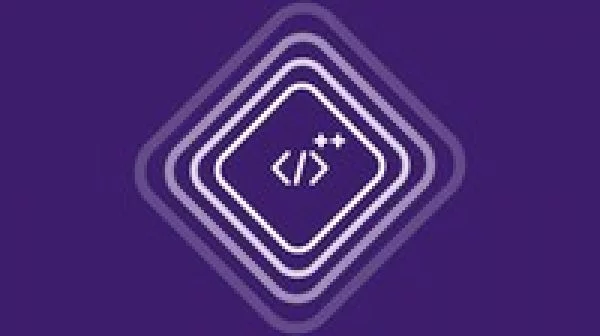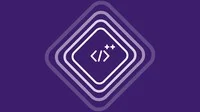
In this course we’ll learn how to write correct, safe, and performant code by making use of C++’s type system. Firstly, we’ll learn about the Standard Library’s “algebraic data types” and how they can increase safety, performance, and readability of your application/library. We’ll then look at function interfaces. As an example, writing a function that takes a string in such a way that it performs optimally with both std::string and const char* seems like a daunting task. It gets even more tricky with functions taking other functions as input. Is it possible to generalize these issues and provide the “perfect” interface?
About the Author :
Vittorio Romeo is a Software Engineer at Bloomberg LP. He completed his Bachelor’s degree in Computer Science at Universita degli Studi di Messina .
He began programming at a very young age and is now a C++ enthusiast. While following the evolution of the C++ standard and embracing the newest features, he worked on several open–source projects, including modern general–purpose libraries and free cross–platform games.
Vittorio is an active member of the C++ community: he participated as a speaker at CppCon 2014/2015/2016, ++it Florence 2015 and at his local Linux Day 2013/2014 events, as a Student/Volunteer at C++Now 2015/2016, at Meeting C++ 2015/2016.
Instructor Details
Courses : 212
Specification: Type-Safe Interfaces with Modern C++
|
2 reviews for Type-Safe Interfaces with Modern C++
Add a review Cancel reply
This site uses Akismet to reduce spam. Learn how your comment data is processed.

| Price | $14.99 |
|---|---|
| Provider | |
| Duration | 2.5 hours |
| Year | 2019 |
| Level | Intermediate |
| Language | English |
| Certificate | Yes |
| Quizzes | No |

$84.99 $14.99






Chuck Messenger –
This was a top notch course. Short and sweet. The presenter was deeply knowledgeable, and offered clear explanations. My appetite for C++17 has been whetted!
Marco Kittel –
The second section is hard for me to understand. I’m lacking of C++14 knowledge but i’m learning a lot right now and i really love std::variants and std::optional as a new way to design c++ code : )